This Pet Column was written in collaboration with Bob Hennessy, expert dog trainer
You’ve heard it: “It’s okay, my dog is friendly.” To be perfectly honest, you should not believe it. Most dogs are not always okay and not always friendly.
Dogs are social creatures, but nearly every dog is “selectively social”. It’s a rare dog who gets along with everyone. That very social and not selective dog is like Will Ferrell in ‘Elf’. The rest of the canine world is more like you. You probably like your spouse, your friends, and your sister. The guy next door who plays Nickelback at midnight? Not so much. You might not even like your sister all the time.
Dog sociability is a spectrum. There are a small number of dogs who are dog aggressive. They simply do not like other dogs. They may be wonderful with you, your family, other people, and even your family cat. But they should never be trusted in a situation where they could harm another pet.
On the other side of the spectrum is that rare social butterfly who can go anywhere and love everyone. These Will-Ferrell-as-Elf dogs can get in trouble because their love may not always be reciprocated. An example: A typical goofy Labrador may lack the social boundaries and skills to be trusted by a dog with more anxiety. The goofy dog may get in the other dog’s face and be “Hey, let’s play! You wanna be my friend?!” In this scenario, Goofy Lab may end up at the bottom of two dogs fighting, followed by a trip to the emergency vet.
Your dog is likely somewhere in the middle. He may not like small dogs. She may only like male dogs. He might like all dogs except the one across the street. Working with your dog on such things as obedience, manners, wait/release, and clear communication while reinforcing positive play and good social skills may help her to become more tolerant of other dogs.
There are ways to respect your dog’s need for space. Always be aware of body language (both your dog and other dogs you’ll meet). Never allow two dogs to get nose-to-nose at the end of tight leashes. That is a great way to cause stress, rage, and even a fight. Always check your environment and go the other way if you see a loose dog whose owner is paying more attention to their cell phone. Dog socialization is not something you trust dogs to work out themselves.
Dogs are predators, and they control their environment with their mouth and teeth. Fear and anxiety can cause aggressive reactions, and some dog parents are surprised when their dog lashes out. As descendants of pack animals, dogs create a hierarchy. Weakness can lead to violence and dog fights are not pleasant to witness. If your dog has a confrontation, it doesn’t mean you have a bad dog. It just means something triggered a reaction and you can learn from that.
Freedom and socialization are earned. A dog needs to be trained, tested, and taken out in public – again and again. Over time, in different situations, you will learn what your dog likes and what he will tolerate. Even after your hard work and training, not every dog they encounter will be their friend, but that’s okay.
We get dogs in the shelter who are described as reactive and aggressive. We work with them to find their triggers and help them overcome their fear and aggression. One great case is Hank. He barked, lunged, and we thought he might be dangerous to our staff and potential adopters. Today, while he still needs an experienced person, we believe Hank can be a loved companion.
Second Chance Humane Society’s Animal Resource Center and Thrift Shops have served San Miguel, Ouray & Montrose Counties since 1994. Adoption hours are Tuesday through Saturday from 11 am to 5:30 pm. Our Community Veterinary Services are available by appointment. View our shelter pets and services online: www.secondchancehumane.org

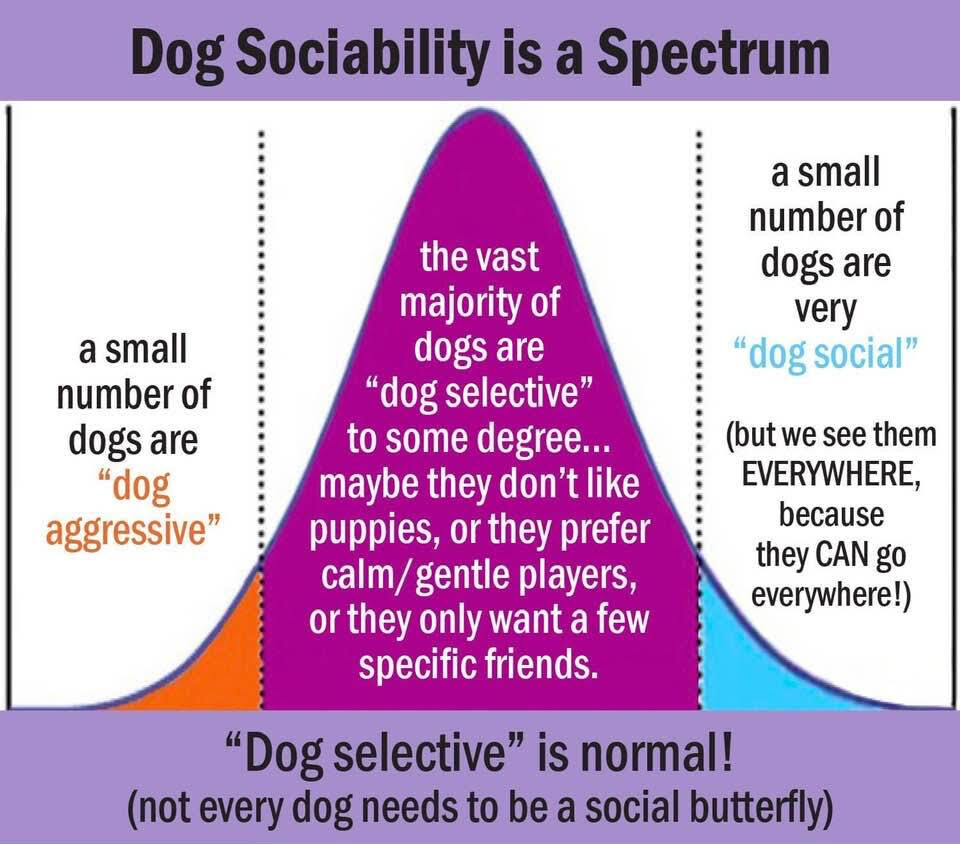



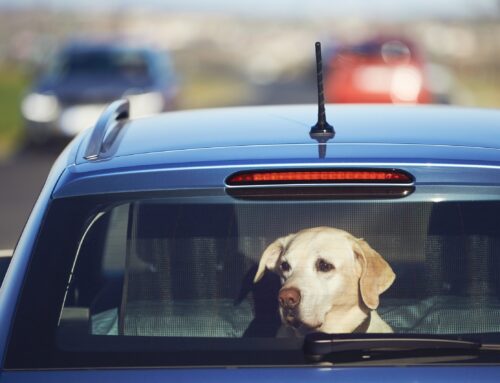
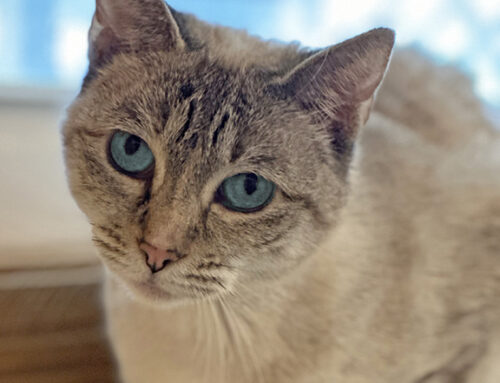
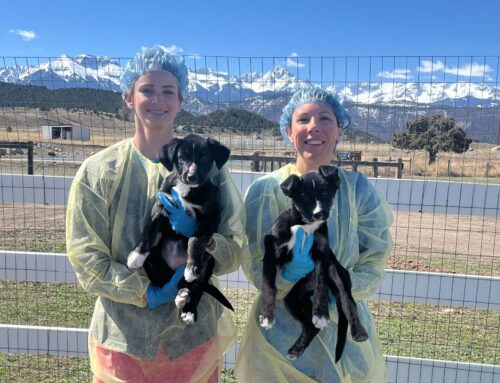
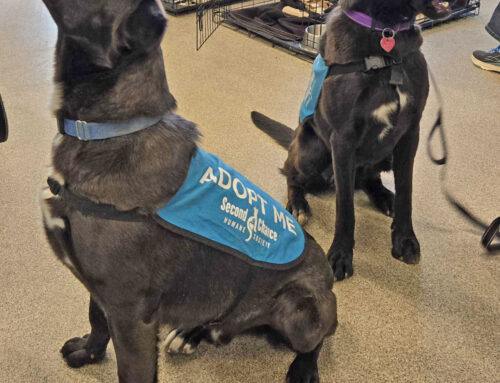
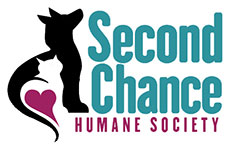
I have two chihuahuas mixes (both rescued strays). The larger one is very social when walked alone – wags for every person & dog. The smaller one is timid and tends to hide behind my legs (like a human toddler) when walked alone. However when they are walked together, they both react differently and go into an attack mode around other dogs (friendly or not) and if they cannot reach the stranger, the little one tries to bite at and fight with the big one (transferred aggression). They are best pals & snuggle buds when at home. So, I have concluded that that sociability can be variable with situations, as well as inherent, or trained responses. Fortunately, I can usually snatch them up & carry them past a dangerous situation (they never act aggressively when they are in my arms). But it took some time to figure out what their differing triggers were and how to avoid bad experiences.